The United Nations Human Rights Council on Monday adopted Resolution L13, extending for another year the mandate of the Special Rapporteur on the situation of human rights in Burundi, despite strong objections from the Burundian government.
The resolution, tabled by Denmark on behalf of the European Union, was adopted with 23 votes in favor, nine against, and 15 abstentions. It calls for continued and independent monitoring of the human rights situation in Burundi, amid concerns of ongoing violations and restrictions on civic freedoms.
Introducing the text, Ib Petersen, Denmark’s Permanent Representative to the UN in Geneva, said the decision reflected the Council’s concern over “arbitrary arrests, enforced disappearances, alleged acts of torture, and severe restrictions on the rights to freedom of expression, peaceful assembly, and association” in Burundi.
He also noted that a group of eight UN special procedures had expressed “deep concern about the increase in serious human rights violations in Burundi, particularly in the context of the electoral period leading up to the 2027 presidential elections.”
While the resolution acknowledges Burundi’s efforts to advance human rights—including the submission of its report to the Committee on the Elimination of Racial Discrimination—it urges the government to cooperate with international mechanisms such as the Special Rapporteur and the Office of the High Commissioner for Human Rights (OHCHR), whose local office in Bujumbura was closed in 2019.
“Unfortunately, Burundi persists in refusing to engage with the Special Rapporteur and other mechanisms such as the ICC,” Petersen said. “Renewing this mandate will ensure continued and independent monitoring of the human rights situation in Burundi.”
During the session, Albania, Iceland, and North Macedonia voiced strong support for the resolution.
Albania expressed concern over “reports of forced voter registration, collective payment of political funds, and threats against those who refused,” while highlighting the shrinking civic space and arrests of journalists during recent local and legislative elections.
Iceland emphasized the need to protect women and girls from sexual and gender-based violence and criticized Burundi’s ongoing refusal to allow access to the Special Rapporteur. North Macedonia, meanwhile, underlined the importance of monitoring the situation of children and ensuring safety for human rights defenders.
Burundi Rejects Resolution as “Political and Colonial”
In response to the statement made by the EU’s representative, Burundi’s Ambassador to the UN in Geneva, Elisa Nkerabirori, denounced Resolution L.13 as a “hostile mechanism” driven by Western powers to maintain political pressure on her country.
“It is absurd to hear the EU recognize peaceful elections in Burundi while insisting that our country must still be monitored until 2027,” she said. “This shows that their intent is not to promote human rights but to perpetuate a political agenda born out of the 2015 crisis.”
Nkerabirori accused the mandate of being “a tool of division” that fuels ethnic tensions and undermines Burundi’s sovereignty.
“This mandate has become an instrument of propaganda that dehumanizes our youth and questions the legitimacy of our institutions,” she said, invoking Burundi’s colonial past and accusing the UN of perpetuating “divide and rule” tactics.
Gitega Maintains Its Stance
Burundi has consistently rejected the reports of Fortuné Gaétan Zongo, the UN Special Rapporteur on the human rights situation in the country, accusing him of bias and of ignoring progress made since the 2015 political crisis.
Last week, Martin Blaise Nyaboho, chairman of Burundi’s National Independent Human Rights Commission (CNIDH), criticized Zongo’s latest report as politically motivated.
“If you compare with history, even Europe after the Second World War was not rebuilt overnight,” Nyaboho told local media. “Today in Burundi, peace and security are in place, people go to work without fear, and international visitors come freely. These are realities he refuses to acknowledge.”
He added that “many of these reports are not made out of love for Burundi—they are reports sold so that their author keeps his position.”

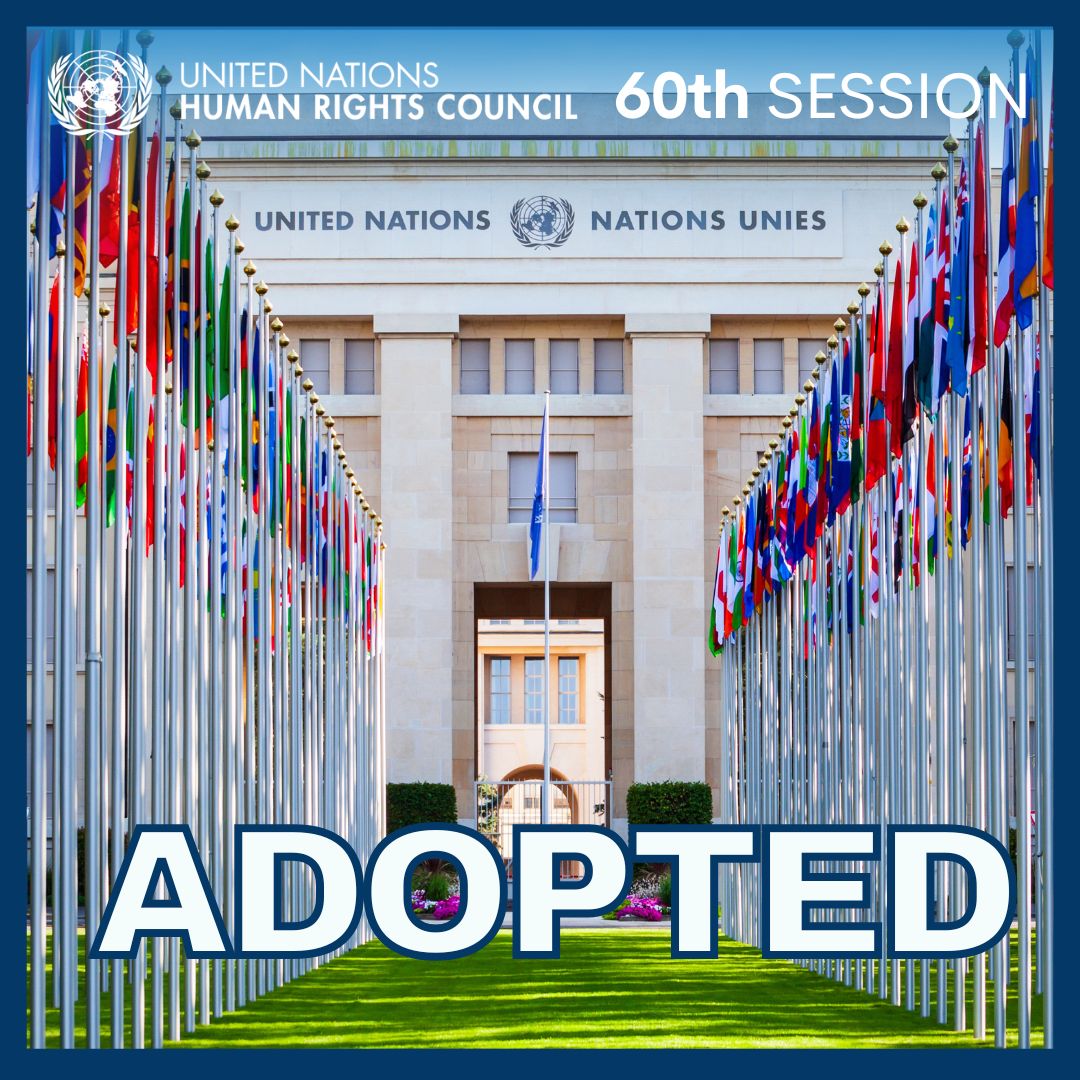


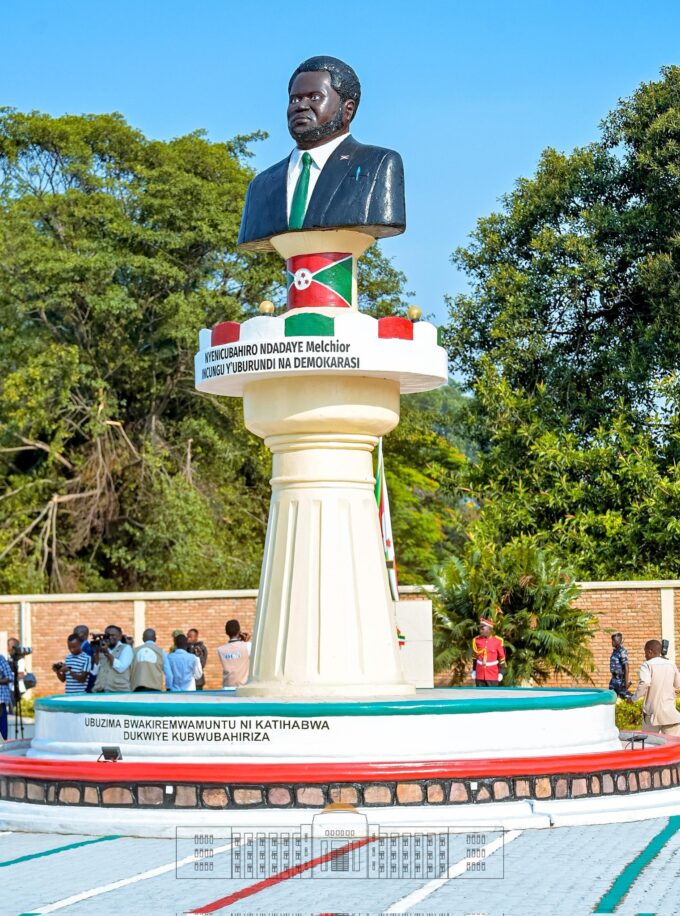
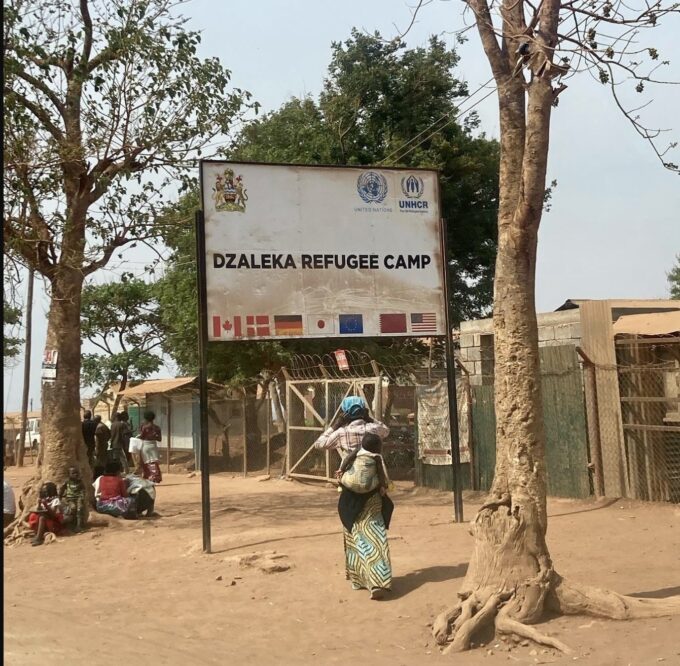
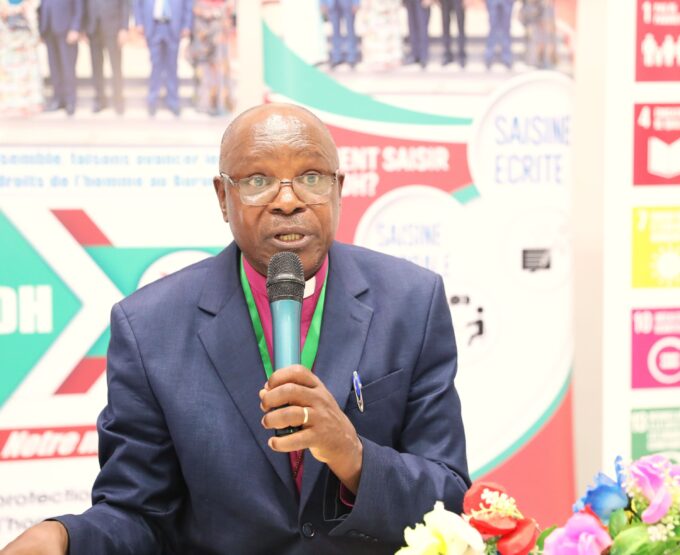
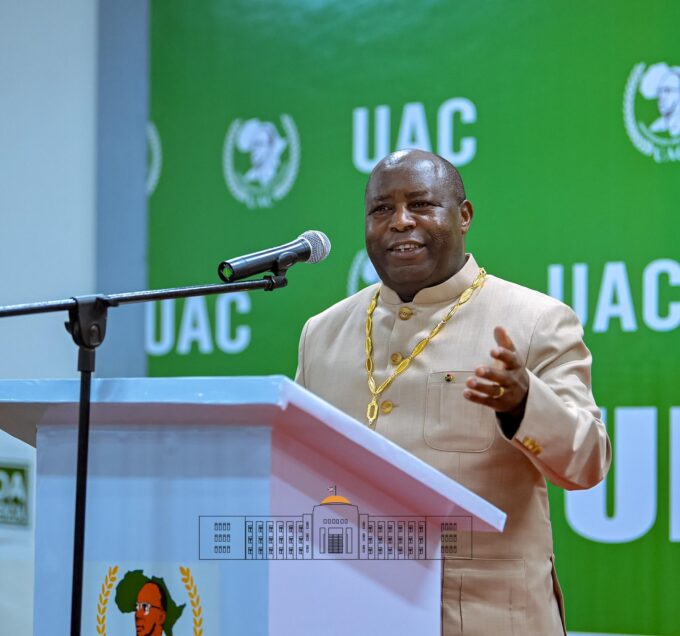
Leave a comment